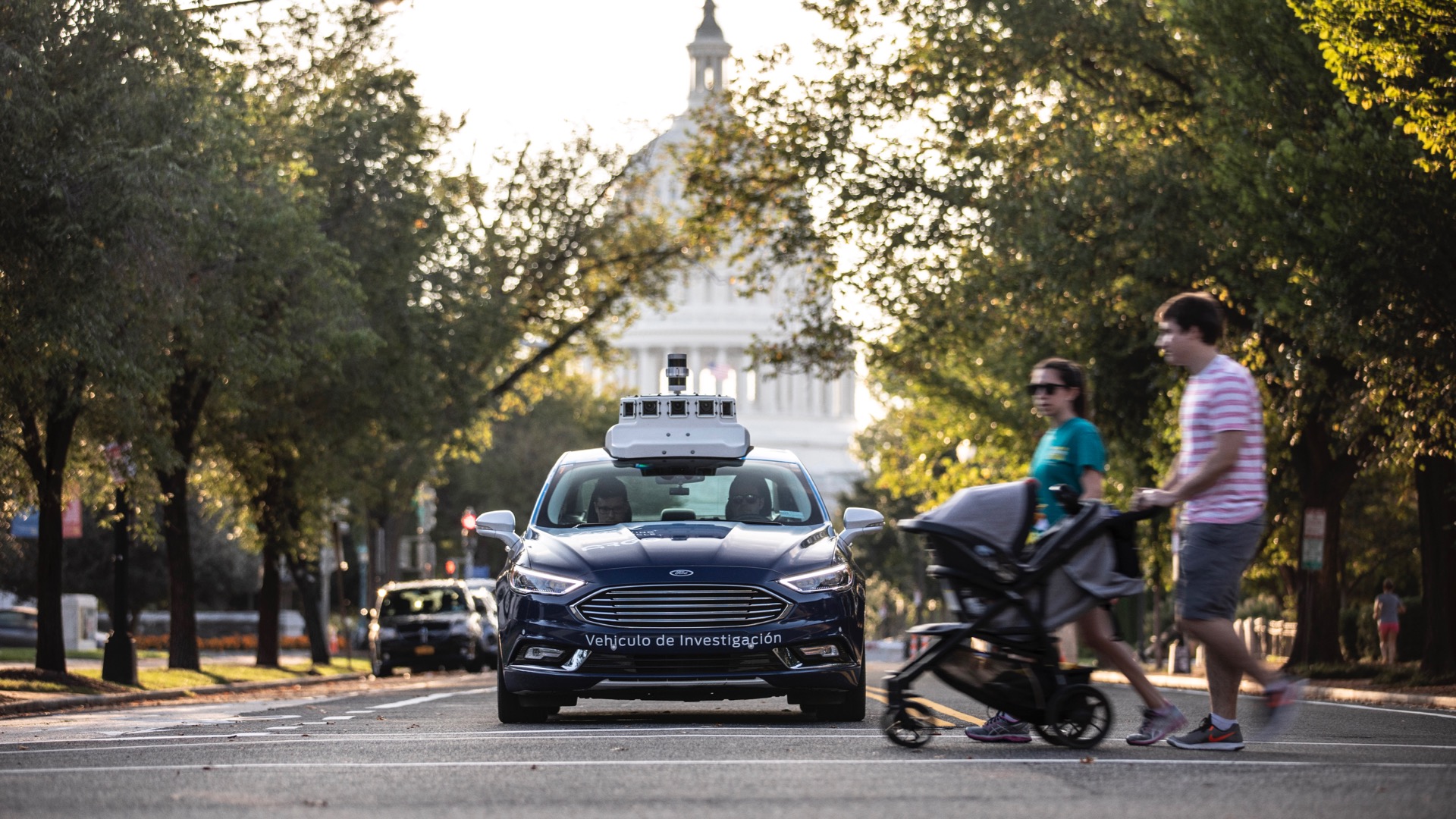

Companies are pushing ahead with the development of self-driving cars at full throttle, but many Americans still don’t trust the technology, if a Reuters/Ipsos poll is to be believed. Half of the respondents thought autonomous cars were more dangerous than human-driven vehicles, while two-thirds said they would not buy a fully autonomous car.
In addition, two-thirds of respondents said self-driving cars should be held to higher government safety standards than human-driven vehicles. Regulation is one of the biggest roadblocks to mass deployment of autonomous cars. A handful of states have crafted their own rules, but there has been little action on the federal level. Bills that would have cleared some red tape have been blocked in Congress, and adapting current federal rules to autonomous vehicles will be a complex and lengthy process.
The poll’s results echo those of other recent surveys, including one by AAA. Three of four respondents in that survey said they were afraid to ride in a fully autonomous vehicle. Most Americans have never ridden in a self-driving car, but if more people had that experience, it might help alleviate fears, AAA suggested. But exposing more people to autonomous cars will be difficult at this stage in their development.
Aside from ride-hailing pilot programs run by Waymo and Aptiv in Phoenix and Las Vegas, and a few low-speed shuttles in other locations, self-driving cars operating on public roads generally aren’t accessible to the public. They also tend to stay in states with a friendly regulatory environment and reliably good weather, such as California and Arizona. Most Americans have likely never seen a self-driving car on the road, let alone ridden in one.
About 63 percent of respondents in the Reuters/Ipsos poll also said they wouldn’t pay for autonomous-driving capability in their own cars, while 41 percent said they would not pay more than $2,000 for that capability. Reuters argued that this should trouble automakers because the high cost of the technology is expected to inflate the price of future vehicles. But, at least initially, self-driving cars are expected to be used in ride-hailing and delivery services. Ford, for example, has said the production autonomous car it plans to launch in 2021 will be designed for those services. That means cars will go to fleets rather than retail buyers.
Fleet use will give companies more control over the deployment of the first production self-driving cars, as well as sidestep the potential challenge of having to sell those cars to a skeptical public. But even if their only experience with an autonomous car is hailing one via the Uber or Lyft app, people will have to accept the technology in order for it gain mass adoption.